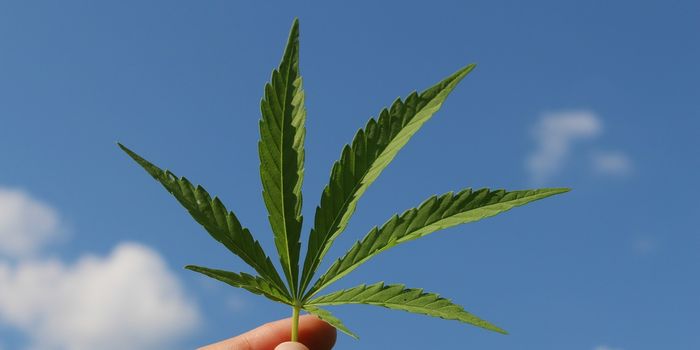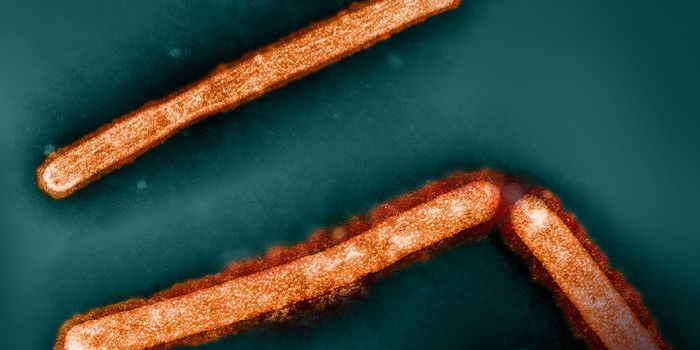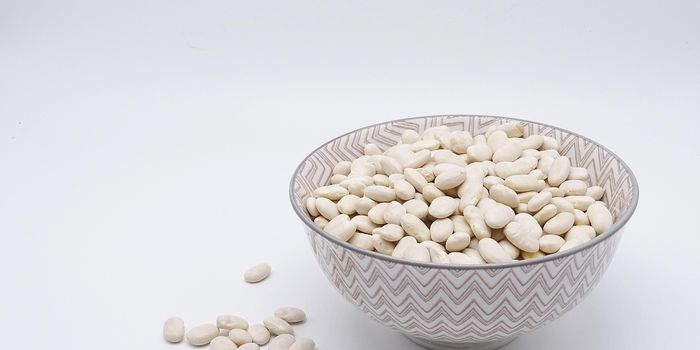Bees May 'Trick' Plants Into Flowering When Pollen is Scarce
It’s no secret that bumblebees depend heavily on pollen for their unique worker-centric lifestyles. In fact, whenever you witness a bumble bee leaping from one flower to the next in your outdoor garden, it’s very likely that the insect is gathering pollen so that it can build and reinforce its colony.
Image Credit: Pixabay
One problem that bumblebees contend with, however, is that pollen can sometimes be scarce, especially during certain seasons of the year. New research published just this past week in the journal Science, however, reports that bumblebees may actually trick plants into flowering early. As you might come to expect, this provides them with a bit of a head start on their pollen gathering before the Summer months fully kick in.
So how do they do it? According to the researchers, a closed lab experiment revealed that bumblebees will actually nibble on the leaves of flowering plants when they have trouble finding the pollen that they need to reinforce their colonies. Interestingly enough, the insects’ unconventional technique appears to accelerate the plant’s flowering, which then obviously yields more pollen to be used as a resource.
"The bee damage had a dramatic influence on the flowering of the plants—one that has never been described before," explained Consuelo De Moraes, a co-author of the paper.
Related: Study reveals the need for alternative pollinators besides the bee
The researchers’ observations exposed a direct correlation between plant damage and pollen availability. When less pollen was available, the bumblebees damaged the plants’ leaves more often; likewise, when more pollen was available, the bumblebees didn’t damage the plants’ leaves as much. Furthermore, the researchers found that this behavior tricked plants into flowering up to 30 days earlier than it typically would in nature.
Similar behavioral patterns in bumblebees have been witnessed in the wild, outside of the researchers, closed-lab experiment. But it’s worth noting that the experiment allowed the researchers to film the behavior and obtain a closer look.
The findings are particularly important because it reveals how bumblebees are finding innovative ways to cope with the damaging effects of climate change. As the changing of the seasons becomes more unpredictable, these insects are simply compelling plants to produce pollen-emanating flowers on demand, enabling them to keep up with their demanding lifestyles as worker insects.
"Bumblebees may have found an effective method of mitigating local shortages of pollen," De Moraes added. "Our open fields are abuzz with other pollinators, too, which may also benefit from the bumblebees' efforts."
Related: Ever wonder how a bee ascends to the rank of queen?
It remains to be seen if other pollenating insects partake in similar behaviors or if this is only a trait of bumblebees. One thing’s certain, however, and that’s that all pollenating insects can potentially benefit from the bumblebees’ work of kick-starting flowering plants when pollen level drop too low.









